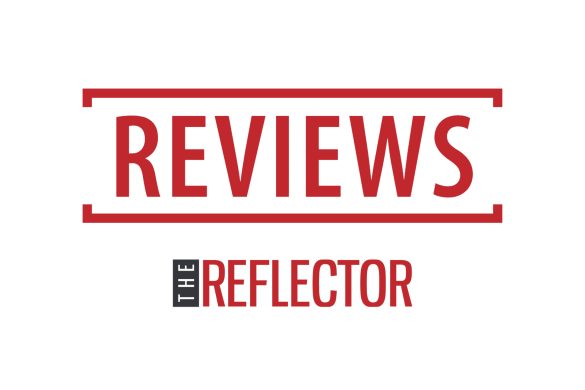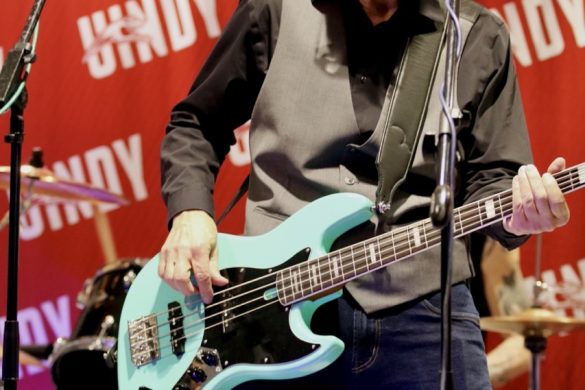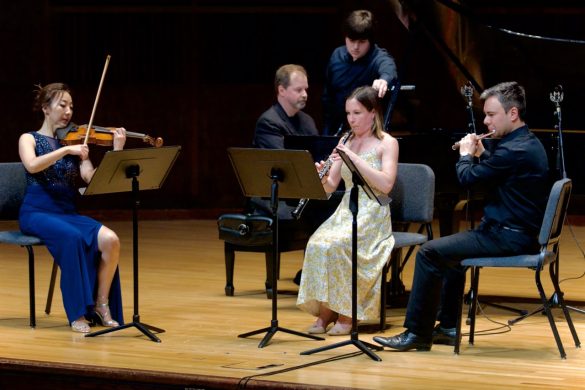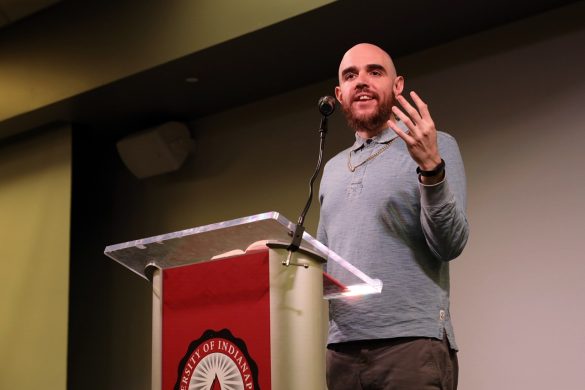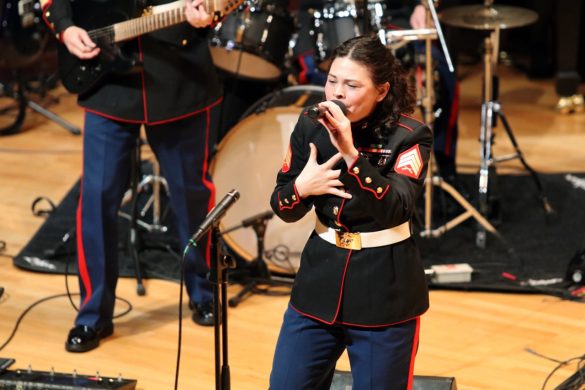Defying all odds, “Blade Runner 2049” is stunning. Not only is it a visual and aural masterpiece, but it is also a perfectly appropriate companion to the original film. Here we have perhaps the greatest achievement ever in making an unwanted, years-late sequel/reboot that is an undeniably justified addition to the mythos of its predecessor. Director Denis Villeneuve adds another entry to his unique and near-perfect filmography, and to boot, it’s a sci-fi sequel.
The original “Blade Runner” has been acclaimed over the years not only for its technical and visual beauty, but also for its commentary on the meaning of one’s “humanity,” inherited from its source material, Phillip K. Dick’s short story, “Do Androids Dream of Electric Sheep?” The story and film sought to dissect the uncanny valley between natural human life and advanced technological imitation, and “2049” takes that theme even further, blurring the lines between what makes a “real person” and that which mimics one. Amazingly, the sequel is able to turn up the scale, action and intensity (not to mention the budget) and still never loses its thoughtful core. It’s practically a big-budget blockbuster art film.
Visually, “2049” has to be the most impressive film of the year, and maybe of the last several. 13-time Oscar nominee Roger Deakins controls the camera in such a way that every moment and every frame feels calculated for maximum aesthetic power and beauty. If he doesn’t win the Oscar for this film, I fear he never will.
Credit must also be given to the production and set designers, who convincingly adapt the aesthetic style of the “Blade Runner” world into how things might look 30 years after the events of the first film. Not an ounce of it feels artificial, despite how perfectly, hauntingly rendered every scene is.
And of course, what’s a vision of an imaginary world without engaging characters and believable performances? Even here, “2049” doesn’t falter. What made the original film’s protagonist, Deckard (Harrison Ford), so interesting was his seeming detachment and robotic coldness, which contrasted with the fiery passion of the robots he hunted down. Almost in an opposite sense, the hero of “2049,” Officer K (Ryan Gosling), seems constantly to temper his own emotion and humanity, denying himself the expressions and pleasures of “normal human life.” Gosling perfectly walks the tightrope between K’s unfeeling façade and his repressed curiosity, and Ford has certainly not become rusty in his years away from Deckard. The journey he takes is one that’s entertainingly difficult to predict, thanks to Villeneuve’s ability to twist the narrative with new developments every time you think you know where it’s going. When K and Deckard finally meet, it’s a clash of generations that’s both satisfyingly exciting and surprisingly quiet.
To be honest, I’ve never loved the original “Blade Runner.” I do like it, and I appreciate both the underlying themes and the beautiful visuals. But something about its odd structure and lack of character development has always put me off. But “Blade Runner 2049” is a rare breed of sequel, like, say, “The Empire Strikes Back,” that is simply so good, so riveting and such a perfect expansion of what its predecessor set in motion that I’m forced to love the original retroactively. And for a seemingly unnecessary sequel to flex that kind of power is enough to warrant it being called a perfect film. I can only hope it is as appreciated as its ancestor; it certainly brings enough to the table to deserve that.
CHECK OUT THIS MOVIE IF YOU LIKED:
LOOPER
